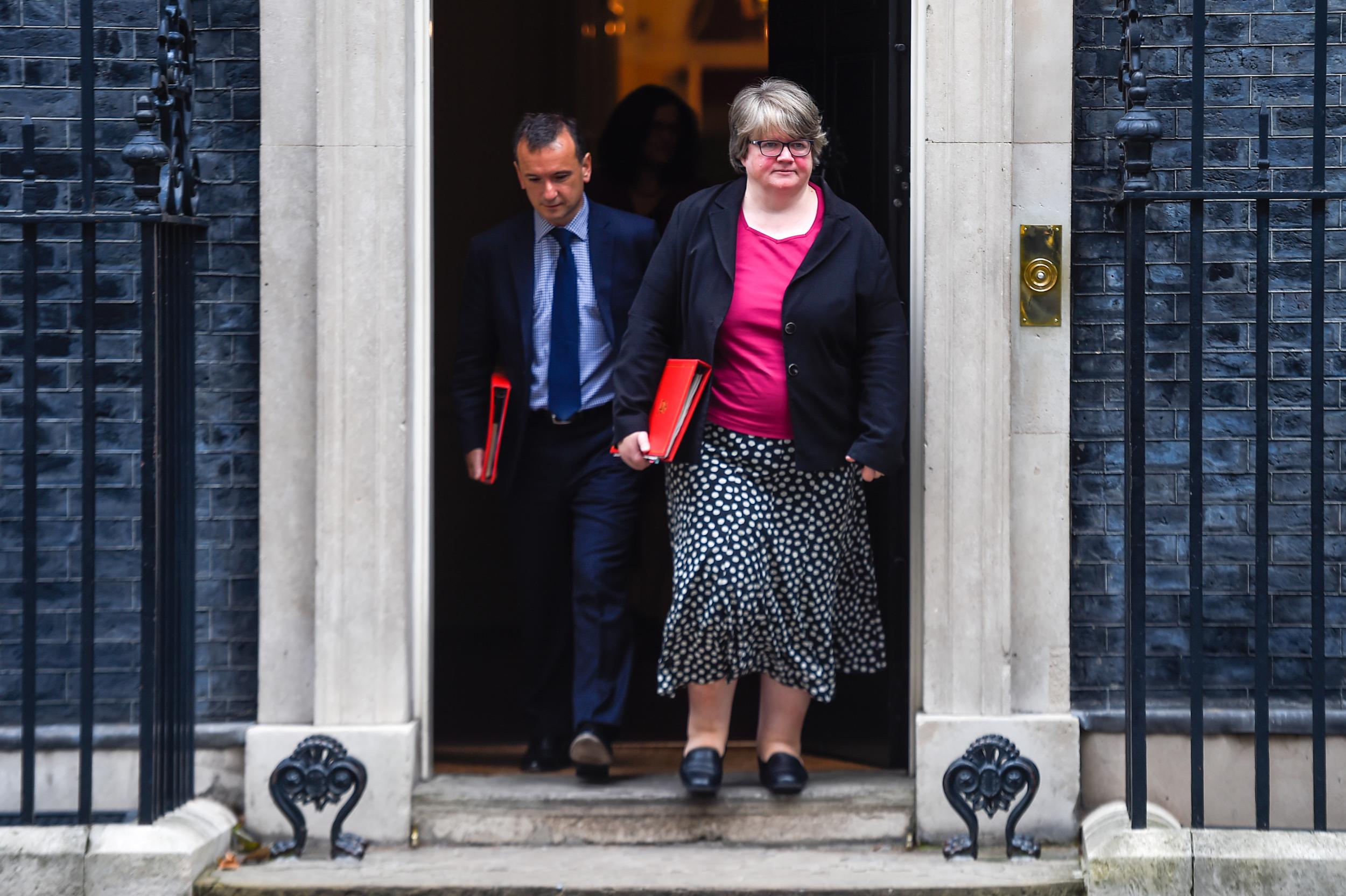Coronavirus: The blame game’s afoot and scientists should be worried
It was only a matter of time before ministers began pointing the finger, writes Sean O'Grady


When the history of the coronavirus pandemic in Britain comes to be written, special note should be made of an otherwise routine appearance of the secretary of state for work and pensions, Therese Coffey, on Sky’s Kay Burley @ Breakfast. For, at approximately 9.30am on Tuesday 19 May, it should be recorded for posterity, Coffey launched the long-prepared government defensive shield for its mishandling of aspects of the response to the crisis: “If the science was wrong, if advice at the time was wrong, I’m not surprised if people then think we made a wrong decision.”
We will hear much more about that alibi in the weeks and months ahead. In other words, don’t blame us, blame the boffins. The blame game’s afoot.
Coffey’s was the first time that a cabinet minister had admitted mistakes had been made (rather than merely implying that with the formulation that lessons would be learned), and attempted to lay the blame elsewhere. Anyone with an ear for political weasel words would have been struck by the almost Pavlovian repetition by ministers from the very earliest stages of the pandemic that they would be “guided by the science”, attaching themselves to various public health officials at media conferences and constantly seeking their implied approval for ministerial, and often deeply political, decisions.
Coffey’s statement was prompted by criticism from the president of the Royal Society, Sir Adrian Smith, that ministers were pleading that they were only doing what they were told by the scientists: “The danger is if the politicians keep saying, ‘We’re simply doing what the scientists tell us.’ That could be awkward. Politicians ultimately must make the decisions.”
Although Coffey makes a number of sound points about hindsight and the fact that plainly advice was taken in a high profile way from the Scientific Advisory Group for Emergencies (Sage), including chief medical officer for England, Chris Whitty, and chief scientific adviser, Patrick Vallance, who would have been nuanced and balanced in much of what they said. Like intelligence or economic advice offered to ministers, it is rarely going to be unequivocal or pointing only in one obvious direction. Options are presented and discussed; conflicting studies sifted; evidence weighed for its credibility; different foreign experiences compared and contrasted. There is not one monolithic thing called “the science”. Thus at an early point, ministers seem to have decided that leaving the virus to run away and create herd immunity implied far too high a death toll and one that would overwhelm the NHS. That was not a purely scientific judgement.
Nor is the science and clinical advice the only advice ministers will seek. They listen also to the social science, such behavioural studies, assessing, for example, how far and for how long the public would tolerate a lockdown, whatever its theoretical epidemiological benefits. That too is a matter for ministerial judgement.
There are other parameters, such as the economic costs of a protracted lockdown, irrespective of its scientific benefits. Nor does the science live in a vacuum. As the deputy chief medical officer for England, Jonathan Van-Tam has asserted, practical considerations also matter. He might have in mind the early decision to abandon testing, and various policy changes since. So, while it might have made the best scientific approach massively to expand testing, if the kits and the chemicals and the laboratories were not available, then ministers cannot follow the ideal scientific option and will ask Sage about what to do as a second best.
So the minister or a group of them will make a decision; it will be guided and informed by what he or she will have heard from scientists, and that may not be a clear guide in itself. On top of that will come expert advice from many other quarters, including political pressure and the state of public opinion. Unlike in China, say, such things matter in a democracy. Simply recall the reply Boris Johnson recently reportedly gave to his backbench MPs keen to end the lockdown quickly – “look at the polls”. There is nothing wrong with that, at least in principle, but no politician should pretend that are the mere puppets of scientists.
Join our commenting forum
Join thought-provoking conversations, follow other Independent readers and see their replies
Comments